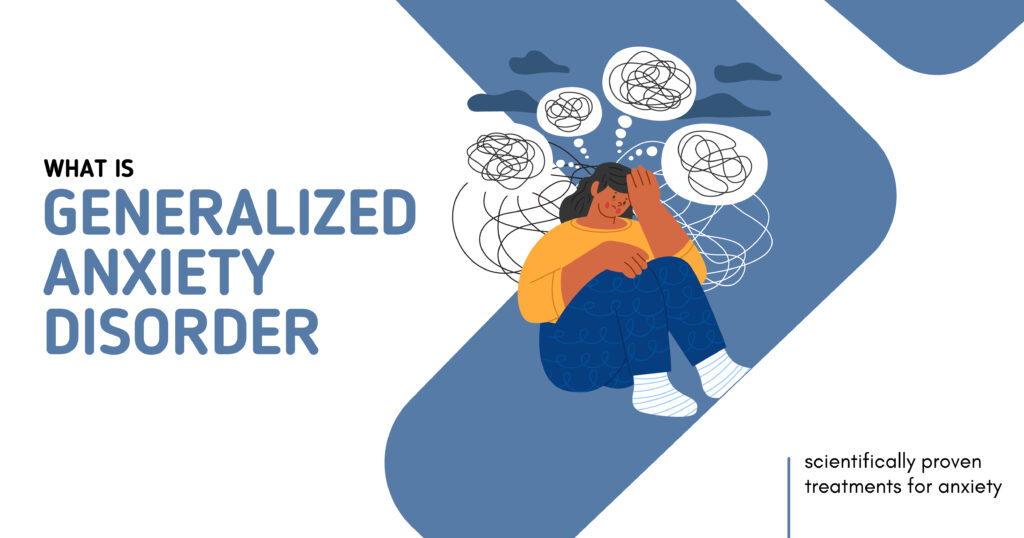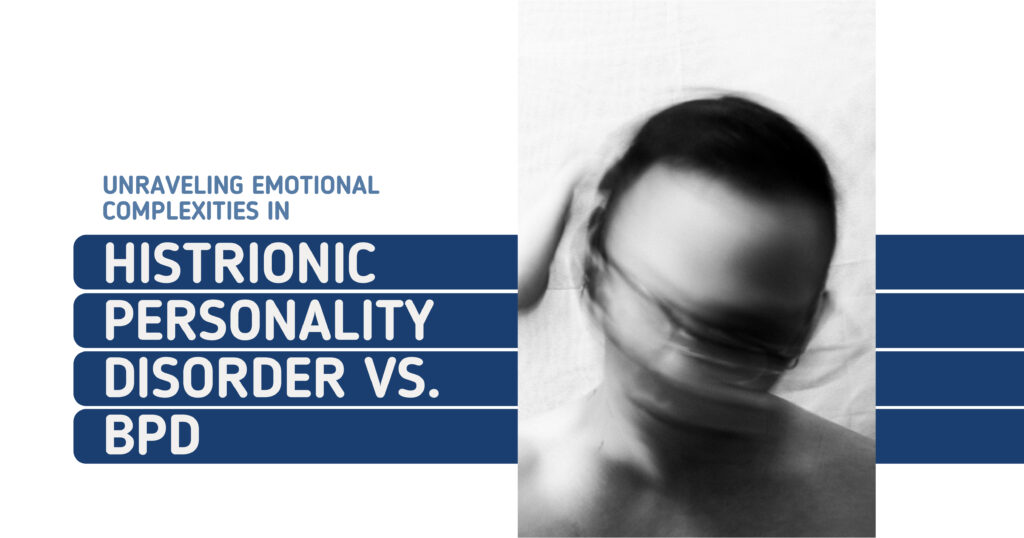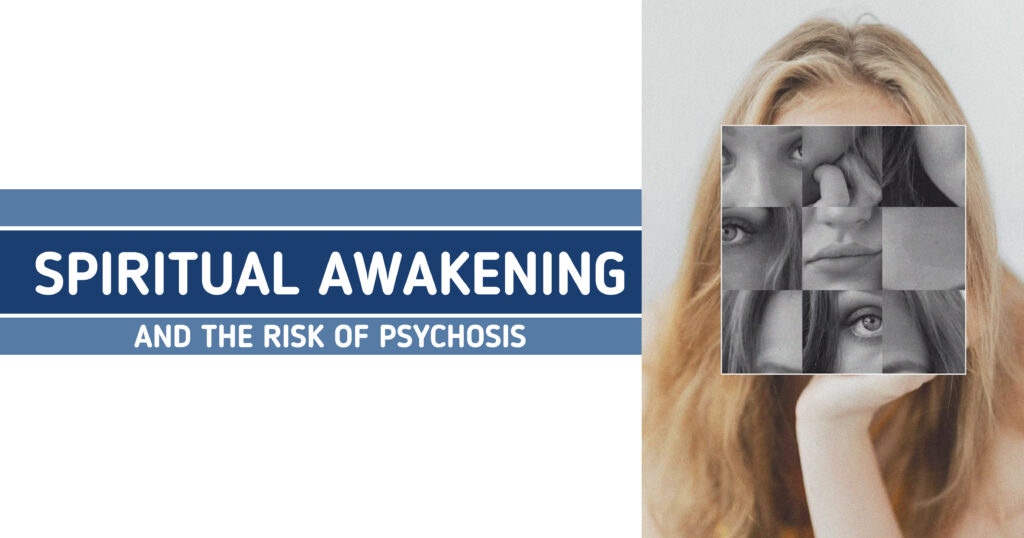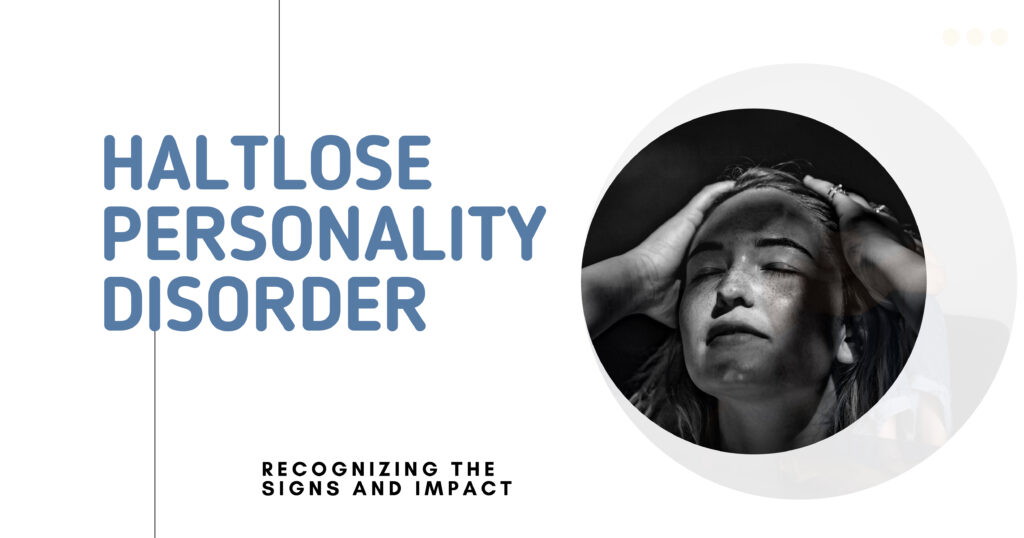Introduction
Ever felt like a bundle of nerves for no apparent reason? You’re not alone. For many people, anxiety isn’t just an occasional worry or fleeting concern—it’s a constant, unwelcome companion. People with anxiety disorders, especially Generalized Anxiety Disorder (GAD), face excessive anxiety, which can make daily activities and quality of life challenging. In this article, we’ll explore what Generalized Anxiety Disorder is and delve into scientifically proven treatments for anxiety. Let’s unravel this knot together, one strand at a time.
San Diego Mental Health
What is Generalized Anxiety Disorder?
Generalized Anxiety Disorder, often abbreviated as GAD, is a mental health condition characterized by excessive, uncontrollable worry about a variety of topics. Unlike typical anxiety, which usually has a specific trigger, GAD can cause persistent worry about everyday life concerns like health, work, social interactions, and more. People experiencing GAD may also have a medical condition that worsens their anxiety or co-occur with common anxiety disorders such as panic disorder, social anxiety disorder, or Post-Traumatic Stress Disorder (PTSD).
Symptoms of GAD
People with GAD often experience a range of physical and emotional symptoms, including:
- Excessive Anxiety: Persistent and excessive worry about various aspects of life.
- Restlessness: Feeling on edge, restless, or keyed up.
- Muscle Aches: Tense muscles, often leading to headaches or body aches.
- Shortness of Breath: Feeling breathless during moments of heightened anxiety.
- Fatigue: Easily tired or feeling drained.
- Difficulty Concentrating: Trouble focusing or mind going blank.
- Irritability: Heightened irritability or moodiness.
- Sleep Problems: Difficulty staying asleep or restless, unsatisfying sleep.
Causes of GAD
The exact cause of GAD isn’t fully understood, but it’s likely a combination of genetic, environmental, and psychological factors. Some potential contributors include:
- Genetic Factors: A family history of anxiety disorders can increase the risk. GAD may have a hereditary basis that makes individuals more vulnerable to developing this psychiatric disorder.
- Environmental Factors: Exposure to traumatic experiences or stressful life events may trigger anxiety. Child abuse or witnessing catastrophic events can elevate the risk.
- Brain Chemistry: Imbalances in certain neurotransmitters may play a role.
- Personality Traits: People with traits like perfectionism may be more prone to GAD.
- Life Experiences: Adverse effects of past experiences may result in ongoing worry and excessive anxiety.
Scientifically Proven Treatments for Anxiety
The good news is that there are numerous effective treatment options for anxiety backed by scientific research. These treatments can help manage and alleviate the symptoms of GAD, allowing individuals to lead more fulfilling lives.
San Diego Mental Health
Cognitive Behavioral Therapy (CBT)
CBT is a highly effective therapy that helps people identify and change negative thoughts and behaviors. It’s perfect for treating GAD because it teaches coping strategies and problem-solving skills. CBT is also recommended by the American Psychiatric Association as a first-line therapy for GAD.
- Cognitive Restructuring: Learning to identify and challenge irrational or unhelpful thoughts.
- Exposure Therapy: A type of therapy where individuals confront their fears in a safe space to reduce anxiety over time.
- Behavioral Techniques: Engaging in activities that reduce anxiety and avoidance behaviors.
Medication
Several types of medication can be effective in managing the symptoms of GAD. These include:
- Antianxiety Medication: SSRIs (Selective Serotonin Reuptake Inhibitors) and SNRIs (Serotonin-Norepinephrine Reuptake Inhibitors) are commonly prescribed to help balance brain chemicals.
- Effexor XR: A commonly prescribed SNRI for GAD that can help alleviate both depression symptoms and anxiety.
- Benzodiazepines: These are fast-acting medications that can provide immediate relief for severe anxiety, but they are typically used short-term due to their potential for dependence.
- Buspirone: An anti-anxiety medication specifically approved for GAD, which can be a good option for long-term management.
Mindfulness and Relaxation Techniques
Utilizing mindfulness and relaxation techniques in daily life can significantly reduce anxiety symptoms. Practices such as:
- Mindfulness Meditation: Focusing on the present moment to reduce worry and stress.
- Deep Breathing Exercises: Simple techniques to promote relaxation and reduce physical symptoms of anxiety, such as shortness of breath and muscle tension.
- Progressive Muscle Relaxation: Gradually tensing and relaxing different muscle groups to release tension.
Lifestyle Changes
Making certain lifestyle adjustments can also play a crucial role in managing anxiety. Consider the following:
- Regular Exercise: Physical activity can boost mood and reduce anxiety, which may also improve physical health.
- Healthy Diet: A balanced diet rich in nutrients can support overall mental health and reduce the risk of substance abuse.
- Adequate Sleep: Prioritizing sleep and establishing a regular sleep routine to prevent long-term treatment reliance.
- Social Support: Maintaining strong social connections can provide emotional support and reduce feelings of social isolation.
FAQs
What is the difference between normal anxiety and Generalized Anxiety Disorder (GAD)?
Normal anxiety is typically situational and temporary, whereas GAD involves unrealistic worry that persists for six months or more and significantly impacts daily life.
How long does treatment for GAD typically last?
The length of treatment for GAD varies based on the person and how severe their symptoms are. Some people may feel much better in a few months, while others might need treatment for a longer period of time.
Can lifestyle changes alone be effective in managing GAD?
Lifestyle changes can be highly beneficial and sometimes sufficient for managing mild to moderate anxiety. However, more severe cases of GAD often require a combination of lifestyle changes, therapy, and medications.
Are there any side effects to the medications used for GAD?
Yes, all medications can have side effects. Common side effects of antidepressants include nausea, weight gain, and sexual dysfunction. Benzodiazepines can cause drowsiness and dependence, and buspirone may cause dizziness or headaches. It’s essential to discuss potential side effects with a health care provider.
Is it possible to completely cure GAD?
While there is no guaranteed cure for GAD, many people can achieve significant symptom relief and lead fulfilling lives with the appropriate treatment plan. Ongoing management and stress management techniques are often necessary.
San Diego Mental Health
Conclusion
Understanding Generalized Anxiety Disorder and knowing about scientifically proven treatments for anxiety disorders is the first step towards reclaiming control over your life. Whether through therapy, medication, mindfulness, or lifestyle changes, effective treatment is available and can make a world of difference. Remember, you’re not alone in this journey. If you or someone you know is struggling with anxiety or another mental health disorder, don’t hesitate to seek help. Professional support can guide you toward the right path and help you manage stress in a way that promotes overall well-being.








